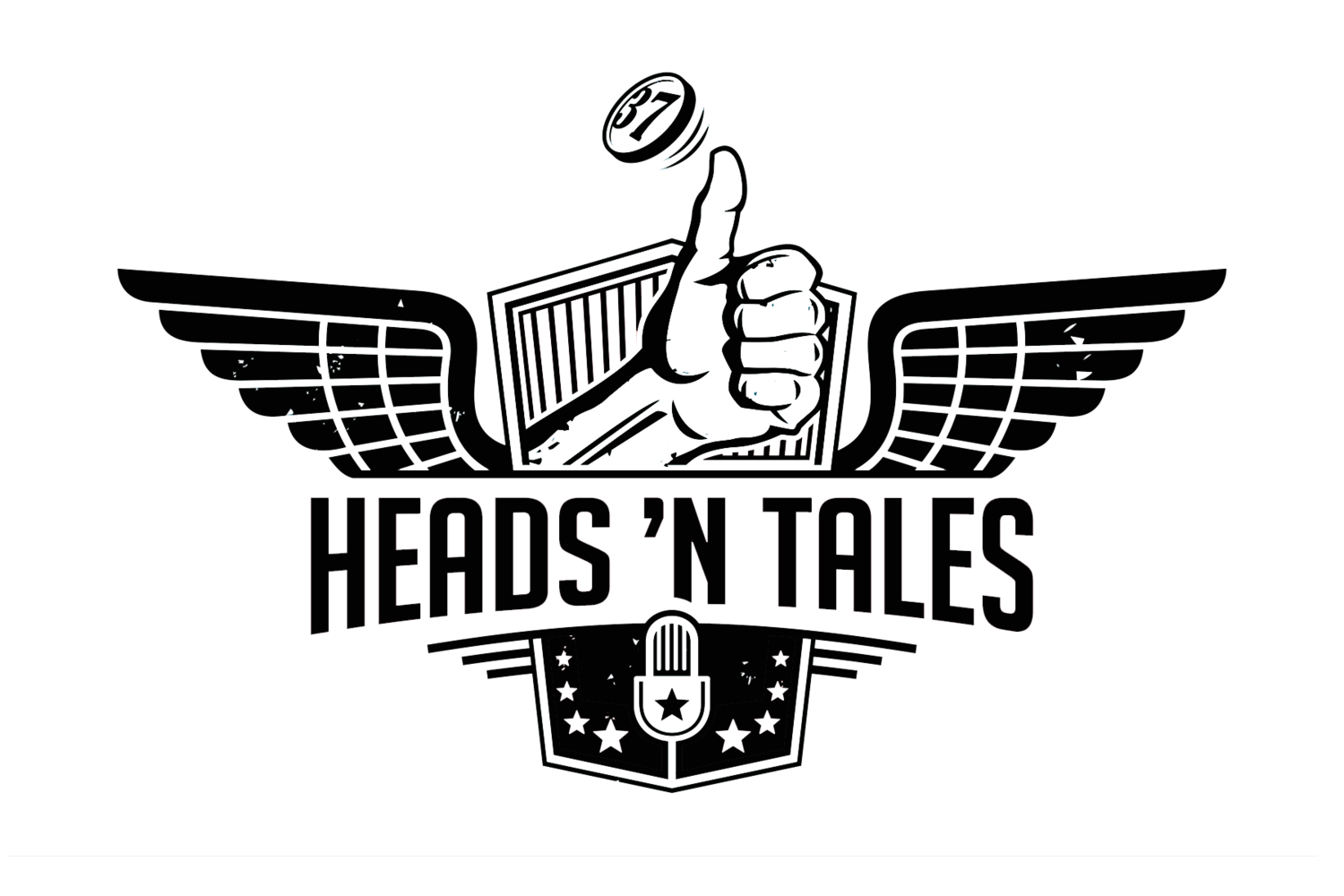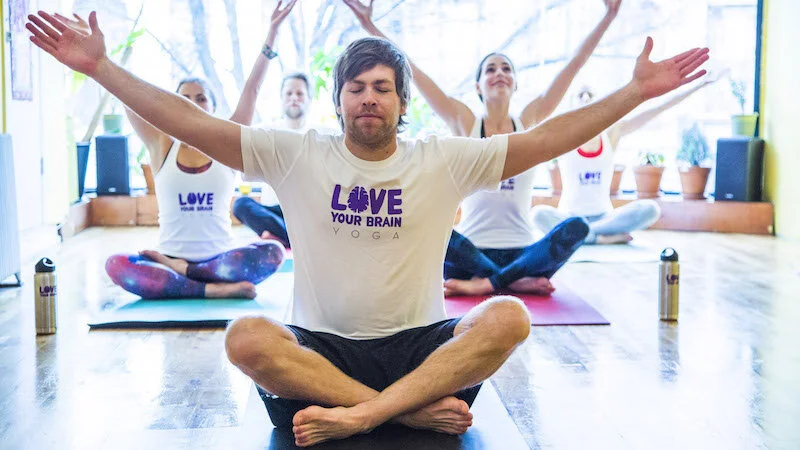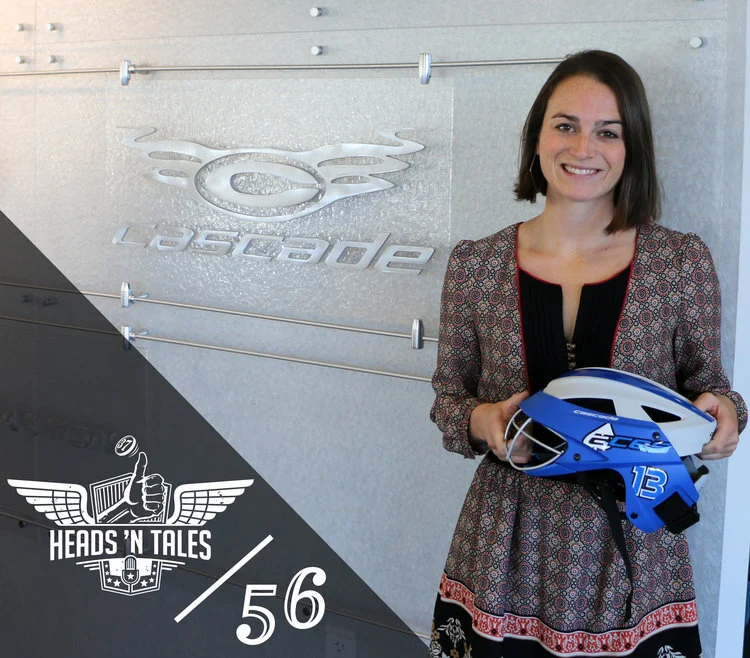Loving Your Brain with Pro Snowboarder & Love Your Brain Co-Founder, Kevin Pearce
Kevin Pearce grew up in Vermont with three older brothers who were very into snowboarding from a young age. Like any younger brother would, Kevin wanted to join in on the fun and tried to copy what his older brothers were doing and compete with them. Kevin eventually turned pro and began beating the worlds most renowned snowboarder in competitions, Shaun White. During our interview, Kevin talked about how he struggled tremendously in school because of dyslexia and found snowboarding as an outlet where he can succeed and ultimately make money. However, Kevin would be the first to admit that his entire identity was wrapped up in the sport of snowboarding (sounds like another Kevin you may know...). Like in many of the interviews I have done with successful athletes, it is almost necessary to fully immerse yourself in a sport if you expect to become elite. The problem comes when your sport is ripped away from you and its out of your control. It's a shitty feeling to say the least and it happens to almost every athlete at some point in their careers.
In ideal situations, athletes career's come to an end on their terms. However, you can't control what happens to you as an athlete, especially when it comes to injuries. In the high stakes world of extreme sports, even at the peak of success, you never know when your last run might be. For Kevin Pearce, it was on December 31, 2009 in Park City, Utah after he crashed hard while attempting a new trick on the halfpipe. Complicating matters was the concussion he sustained a week prior in Copper, Colorado at the first olympic qualifier of the season. He chose to hide his symptoms because he didn't want anyone to tell him he couldn't snowboard (also sounds like another Kevin you may know...). Like myself, Kevin also suffered from Second Impact Syndrome after the December 31st crash and was put in a medically induced coma. He then spent 36 days in critical care until he was eventually transferred to Craig Hospital, which is a rehabilitation hospital that specializes in treating patients with traumatic brain injuries. Kevin made a miraculous recovery, but hasn't yet to make it back to the level he once competed at and says he is reminded of his brain injury everyday because of his residual symptoms.
I watched The Crash Reel (featured above) prior to my conversation with Kevin and I was blown away. I recommend that anyone and everyone watch it because it shows the importance of a strong support system for any injured athlete and why you should listen your support group. This film takes you through Kevin's early life/snowboard career and his injury/rehabilitation. In addition it bring's you into Kevin's tight knit family and what they were feeling during and after Kevin's traumatic brain injury. All throughout Kevin's rehabilitation, he had the goal of returning to snowboarding, despite multiple doctors advising him not to. This drive to never settle for average pushed him to get better faster, but it also worried his family, especially his brother David who has down syndrome.
What a great family! Check out The Crash Reel to find out what I'm talking about!
In addition to the compelling depiction of Kevin's family, the film is great for athletes who are coming to grips with a new normal that may or may not include their sport. When Kevin did eventually try to snowboard for the first time, he quickly realized that he was nowhere near the level he once competed at. During our interview Kevin talks about his decision to continue snowboarding, while stepping away from competitions and how he does that smartly and safely. In addition he talks about the various ailments he continues to battle and what he has done to try to improve his symptoms, especially the troubles he's had with his vision.
You can download the documentary on iTunes or on The Crash Reel's website.
iTunes : The Crash Reel Store: The Crash Reel
Similar to how I felt compelled to create this podcast, Kevin and his brother Adam created the LoveYourBrain Foundation, which is a non-profit organization that works to connect, educate and empower people to live a brain healthy lifestyle. Through yoga, meditation and mindfulness programs, LoveYourBrain helps improve lives, creating community and optimizing health for everyone they reach. During our interview we discuss the benefits of yoga and ways to LoveYourBrain everyday. Since recording this interview back in September, I have taken up a yoga practice for the first time. I have really enjoyed it and I hope this episode inspires both athletes and non-athletes to explore the countless benefits yoga can bring to your life. I have found it to be a great de-stresser in addition to supplementing my knee rehabilitation.
Some additional topics we discuss are the impact Dave Mirra's death has had in the extreme sports community and what Kevin's advice is to snowboarders and all athletes for loving their brain's.






